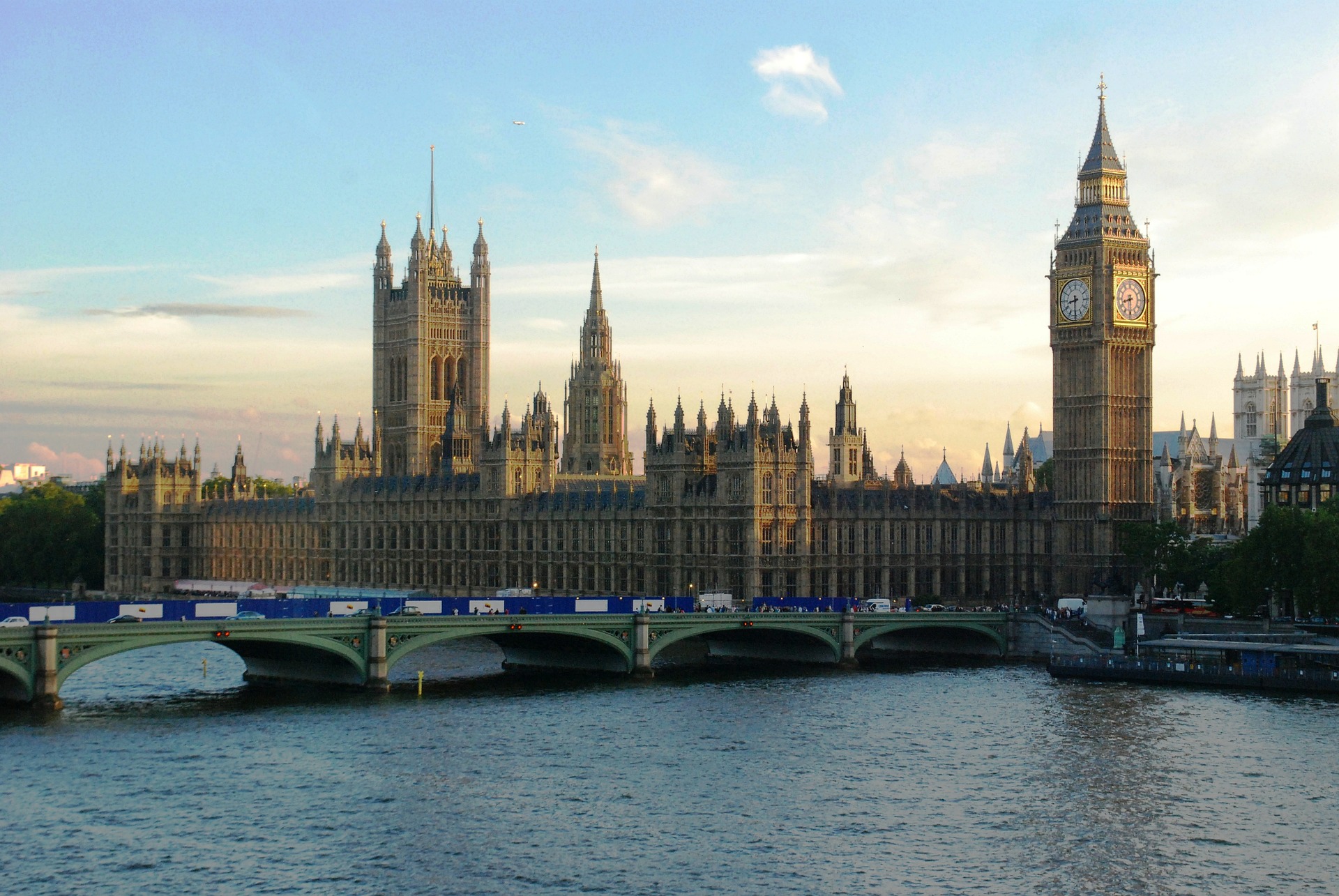
The Future Lawyer Weekly Update – w/c 28th January
January 30, 2019
Clear the Lobby: What laws are MPs voting on this week? – w/c 4th Feb
February 5, 2019Your round-up of the stories that you should discuss at interview this week:
Asda Loses Appeal in Equal Pay Case
Reported by Laura Clarke
Asda has lost its appeal in the long running equal pay case. Thousands of its workers have stated that they should be paid the same as those working in supermarket’s depots. The lower paid staff, who are predominately female retail workers, can now compare themselves with the higher paid warehouse workers, who are predominately male.
The supermarket chain was challenging an Employment Appeal Tribunal decision that the jobs in Asda stores can be compared to those in the depots. Asda maintained its confidence in the case, saying it was ‘disappointed’ in the decision. It brought the appeal ‘because it involved complex legal issues which have never been fully tested in the private sector and we will continue to ensure this case is given the legal scrutiny it deserves.’
When assessing an equal pay case, there are three key stages which need to be considered. These are: are the jobs comparable? If the jobs are comparable, are they of equal value? and if they are of equal value, is there a reason why the roles should not be paid equally?
Following this, a further ruling, as to whether retail work and warehouse operations are of equal value is likely to be made in May.
This leaves queries over whether this will be significant in diminishing the pay gap throughout many other companies.
Find out more on the BBC and Sky News.
GP’s to be Banned From Advertising Private Health Services
Reported by Zara Smith
Some confusion for NHS patients as to what is NHS free health care and which healthcare is private, stemmed from the private online GP provider Push Doctor. It ‘misleadingly implied’ it was providing an NHS service, when in fact the GP provider is for private medical care.
The advertisements for Push Doctor stated things suggesting they can see an NHS GP whenever, or that their GP’s were NHS trained. After a lot of confusion with this online GP, a lot of complaints were made, and the Advertising Standards Authority (ASA) acted upon them.
ASA stated: ‘We considered that this wording implied Push Doctor provided an NHS service and, in combination with the other information in the ad about the service provided by Push Doctor, we concluded the ad misleadingly implied the advertised service was provided by the NHS.’
The ASA have informed Push Doctor ‘to ensure their ads did not imply that they provided an NHS service or that their service was free of cost’.
Following the ASA investigation, there is hope of less blurred lines within the crossover of private healthcare and the NHS.
As well as the online confusion, there is said to be some within NHS GP’s.
GP’s advertise private care in their surgeries as an alternative option. This appears to give some suggestion to patients, that they would be better off paying for the care that they would usually receive for free.
Following this, the NHS have created a ban, which will come into force in April, to advertise private healthcare (in any form) in NHS GP surgeries. The ban was agreed between NHS England with the British Medical Association (BMA), the doctors’ union.
NHS officials said the ban was needed “to maintain patient confidence in the integrity of general practice” by only advertising the NHS services available in those practices.
NHS England said that “the new contract makes it clear that GPs are focused on providing NHS services for their patients and bars them from advertising private GP services by a private company owned by them or another organisation”.
For more information read here and here.
Fiona Onasanya’s Sentence to be Reviewed Following Claims it is Unduly Lenient
Reported by Anna Harvey
Fiona Onasanya, the first Member of Parliament in almost 30 years to be jailed is to have her sentence reviewed. She was convicted at the Old Bailey of perverting the course of justice for having lied to police after being caught driving at 41mph in a 30mph zone in 2017. Tuesday of this week saw the MP handed a three-month sentence for claiming to have been a passenger in her vehicle as opposed to admitting being the driver. Her sentence has since been challenged under the unduly lenient sentence scheme.
A spokesman from the Attorney General’s office has highlighted that having received the complaint, Law Officers have four weeks, from date of sentencing to consider the matter. If the three-month sentence handed to Fiona Onasanya is deemed to have been too light then the case will be referred to the Court of Appeal to review. The Court of Appeal will then rule on whether or not they will extend her sentence.
Under rules governing MPs, had Onasanya been handed a sentence that exceeded twelve months, she would have automatically lost her seat and a by-election would be called in Peterborough to replace her. She may however still face losing her seat under the Recall of MPs Act 2015. If, under Section 1 (3) (a) the Speaker triggers the recall process, and ten percent of her constituents vote in agreement with it, her seat will be declared vacant.
This challenge however will only be an option once the decision regarding her sentence has been finalised.
Find out more here, here and here.
Rising of House Prices did not Make Things Easier for First Time Buyers
Reported by Emma Ducroix
In England, the last financial year was affected by an increase in house prices.
As a result, young adults are more likely to be renters than homeowners, even if it may cost them more in the long term. Indeed, it appears that over time, rent consumes more household income than a mortgage loan.
First-time buyers can then wait until they buy their first home, as shown by the figures: 64% of the English population owned their first home in 2017-18, including a small number of young people.
The number of owners is decreasing and the number of tenants is increasing.
The increase in house prices has not made the task any easier: There are still far fewer young buyers than there were ten years ago. In fact, in 10 years, the average age of first-time buyers has risen to 33 years.
In addition, another complication of owning a home is the mortgage: people must have a stable situation to take out a long-term mortgage in order to own a home. Moreover, future buyers should keep in mind that most of them will take out a 30-year credit, and that this represents a large part of their working life.
According to the figures, people over 65 are more likely to own a home and most have paid off their mortgages. This makes it difficult for a young person who has just entered the professional life to take out a mortgage for about 30 years.
And, it is important to note that house prices have remained virtually unchanged over the past year. The decline in the homeownership rate is obviously linked to the rise in prices.
Even if a think-tank representing those on low and middle incomes, the Bank of Mum and Dad has becoming a bigger influence on homeownership levels. About a 38% of 25 to 34-year-olds are homeowners, but there is still a down from 55% a decade earlier, in part owing to rising house prices.
See more on the BBC.
Get these updates straight to your inbox every week by signing up here.



